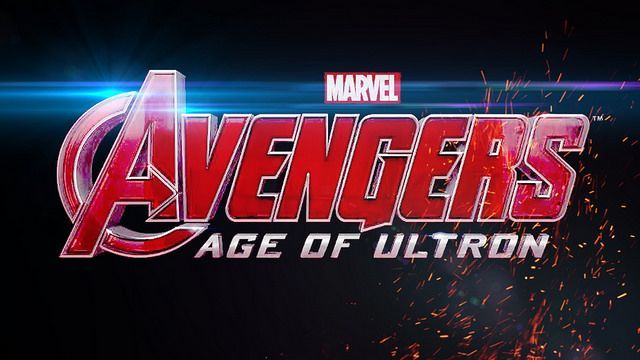Photo Credit BagoGames/Flickr
By Colleen Mertes
Copy Editor
‚ÄúAvengers: Age of Ultron,‚ÄĚ the second¬†installment of the Avengers movies, follows suit in its corny humor, total city destruction and superhero badassness. The lightness that these aspects bring to the screen can be annoying at times, but realize that it is needed to combat the heaviness of the larger narrative at play. We get a glimpse into the lives of Hawkeye/Clint Barton (Jeremy Renner) and Black Widow/Natasha Romanoff (Scarlet Johansson), with a blossoming romance between her and Hulk/Bruce Banner (Mark Ruffalo).
The movie introduces two new characters, Quicksilver (Pietro Maximoff/Aaron Taylor-Johnson) and the Red Witch (Wanda Maximoff/Elizabeth Olsen). They are a very powerful pair of twins who rely on only each other after losing their parents at the age of 10. While they show up in the X-men series, they have a completely different back story here that is more fitting to the movie. Mysterious, sharp and adaptable, they are one of the best additions to the Avengers series.
Stan Lee’s cameo was a crowd favorite. He shows up at a party and ends up wasted from Thor’s otherworldly alcohol. The whole movie theater was in stitches and they applauded his face on screen.
In Stan Lee’s case, I expected some corny humor, but overall this aspect of the movie was amped up and not in a good way. Yes, Tony Stark (Robert Downey, Jr.) makes hilarious comments (Although, Nick Fury (Samuel L. Jackson) has a line about Catholic rabbits that tops everyone) but the writers created the space for the humor. Instead of it naturally flowing from the character, many of the instances of one-liners and irony were artificially created, which made them fall flat.
Although this was eye roll inducing, it is possible the creators felt we needed this cushion for our brains to deal with deep concerns about the future of humanity.
Ultron refers to a peacekeeping program that had been designed to make the need for a team like the Avengers obsolete. Stark and Banner succeed at reviving this dormant program, but it was not what they thought it would be. Instead of just protecting Earth and seeing the situation as they do, as in who is bad and who is good, Ultron views humans as the ones keeping peace from prevailing. Since peace is his mission, he becomes hellbent on purging the human race.
When Vision, another artificial intelligence program, makes his debut, the good and bad foundation shakes even more. The Avengers ask if he is on their side and he answers ‚ÄúIt‚Äôs not that simple.‚ÄĚ In his conversation with Ultron, he acknowledges humanity‚Äôs imperfections. He tells him that humans treat chaos and order as if they are opposites, but they are not. Ultron pleads that the humans are doomed, which Vision affirms and replies ‚Äúnothing lasts forever.‚ÄĚ
Nothing lasts forever is an overarching theme of this movie. Repeated by Vision, and especially by Natasha, the movie encompasses a theme of needed renewal and inevitable ending. Love stories, plans, life and even the Avengers do not last without change. But, like a wildfire, destruction can leave room for new growth. Although the Avengers do not come out as they went in, we know that nothing can last forever and the story will continue.
Despite some lackluster laughs, ‚ÄúAvengers: Age of Ultron‚ÄĚ is enjoyable and emotional. It will make you laugh, cheer and think- may even make you cry a little. It was a well done installment in the Avengers series.


